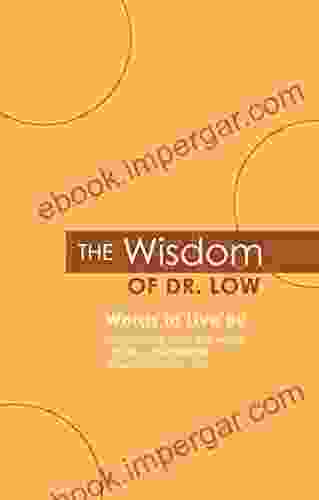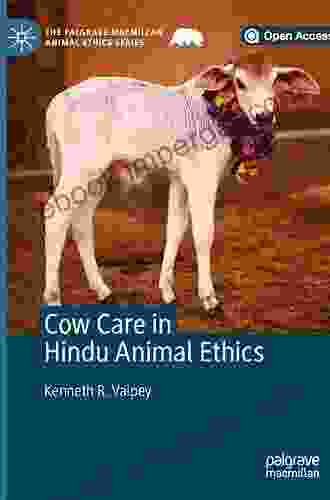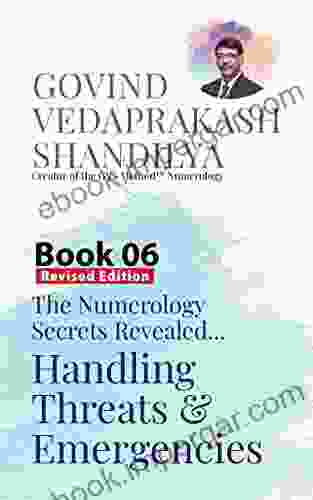Unveiling the Compassionate Heart of Hinduism: Cow Care in Hindu Animal Ethics

In the tapestry of world religions, Hinduism stands out as a beacon of compassion and reverence for all living beings. Among its cherished tenets is the profound significance accorded to cows, who hold a sacred place in Hindu society and animal ethics. This article delves into the multifaceted world of cow care in Hindu animal ethics, exploring its historical roots, philosophical underpinnings, and practical implications.
Historical Roots
The veneration of cows in Hinduism can be traced back to ancient Vedic texts, where they are described as "aghnya," meaning "not to be killed." This reverence has its roots in the belief that cows provide sustenance and nourishment to humans, and their well-being is essential for the prosperity of society.
4.4 out of 5
| Language | : | English |
| File size | : | 11747 KB |
| Text-to-Speech | : | Enabled |
| Screen Reader | : | Supported |
| Enhanced typesetting | : | Enabled |
| Word Wise | : | Enabled |
| Print length | : | 381 pages |
Philosophical Underpinnings
Hindu animal ethics is grounded in the principle of ahimsa, or non-violence towards all living creatures. This principle is extended to cows, who are seen as symbols of gentleness, purity, and motherhood. The sacred cow is believed to embody the divine feminine energy, and it is considered an act of great virtue to care for and protect them.
Practical Implications
The ethical considerations surrounding cow care have had a profound impact on Hindu culture. Traditionally, cows are not slaughtered for food, and they are often given sanctuary in temples and farms dedicated to their well-being. The consumption of beef is generally frowned upon, and cow protection movements have played a significant role in shaping the religious and social fabric of India.
The Cow as a Symbol of Purity
In Hindu mythology, the cow is associated with the deity Lakshmi, the goddess of wealth, good fortune, and prosperity. Cows are believed to be pure and auspicious, and their presence in a home or temple is said to bring blessings and good luck. The cow's milk is also considered to be a sacred elixir, with medicinal and spiritual properties.
Physiological and Ecological Benefits
Beyond its spiritual significance, cow care has tangible benefits for both humans and the environment. Cows provide milk, which is a rich source of calcium, protein, and other essential nutrients. Cow urine and dung are also used in traditional medicine, and have antiseptic and therapeutic properties. Additionally, cows play a crucial role in sustainable agriculture, by providing manure that enriches the soil and helps reduce greenhouse gas emissions.
Contemporary Challenges
In recent times, the traditional practices of cow care have faced challenges due to urbanization, changing dietary habits, and economic factors. However, the reverence for cows remains deeply rooted in Hindu society, and efforts are being made to promote cow protection and welfare through education, legislation, and grassroots initiatives.
Cow care in Hindu animal ethics offers a profound and holistic approach to the relationship between humans and other living beings. It is a testament to the compassion and wisdom of a religion that values all forms of life and promotes a harmonious coexistence between humans and the natural world. By understanding the historical, philosophical, and practical aspects of cow care in Hinduism, we gain a deeper appreciation for the richness and complexity of this ancient tradition.
Image Alt Attributes
- A sacred cow grazing in a field, symbolizing purity and abundance.
- A farmer feeding a cow, representing the bond between humans and animals.
- A statue of Lakshmi, the goddess of wealth, holding a lotus and flanked by cows.
- A group of cows drinking from a river, highlighting their importance as a source of sustenance.
- A farmer using cow dung to fertilize his crops, demonstrating the ecological benefits of cow care.
4.4 out of 5
| Language | : | English |
| File size | : | 11747 KB |
| Text-to-Speech | : | Enabled |
| Screen Reader | : | Supported |
| Enhanced typesetting | : | Enabled |
| Word Wise | : | Enabled |
| Print length | : | 381 pages |
Do you want to contribute by writing guest posts on this blog?
Please contact us and send us a resume of previous articles that you have written.
 Book
Book Novel
Novel Page
Page Chapter
Chapter Text
Text Story
Story Genre
Genre Reader
Reader Library
Library Paperback
Paperback E-book
E-book Magazine
Magazine Newspaper
Newspaper Paragraph
Paragraph Sentence
Sentence Bookmark
Bookmark Shelf
Shelf Glossary
Glossary Bibliography
Bibliography Foreword
Foreword Preface
Preface Synopsis
Synopsis Annotation
Annotation Footnote
Footnote Manuscript
Manuscript Scroll
Scroll Codex
Codex Tome
Tome Bestseller
Bestseller Classics
Classics Library card
Library card Narrative
Narrative Biography
Biography Autobiography
Autobiography Memoir
Memoir Reference
Reference Encyclopedia
Encyclopedia Kent Durden
Kent Durden Kim Michele Richardson
Kim Michele Richardson Kendrick Steadman
Kendrick Steadman Ken Corbett
Ken Corbett Kevin Dean
Kevin Dean Kenneth R Valpey
Kenneth R Valpey Kenneth L Higbee Ph D
Kenneth L Higbee Ph D Kimberly Whittaker
Kimberly Whittaker Kenneth W Merrell
Kenneth W Merrell Kevin Olson
Kevin Olson Kerry Michael Dobransky
Kerry Michael Dobransky Kendra Langeteig
Kendra Langeteig Ken Dornstein
Ken Dornstein Kerry Pierce
Kerry Pierce Kenneth L Marcus
Kenneth L Marcus Kevin Hines
Kevin Hines Kim Donehower
Kim Donehower Kimberly Moon
Kimberly Moon Kenneth Paul Rosenberg
Kenneth Paul Rosenberg Kevin Kelly
Kevin Kelly
Light bulbAdvertise smarter! Our strategic ad space ensures maximum exposure. Reserve your spot today!

 Dakota PowellMaritime Raiding, Irregular Warfare, and the Early American Navy: Campaigns...
Dakota PowellMaritime Raiding, Irregular Warfare, and the Early American Navy: Campaigns... Osamu DazaiFollow ·16.3k
Osamu DazaiFollow ·16.3k Graham BlairFollow ·9.9k
Graham BlairFollow ·9.9k Danny SimmonsFollow ·4k
Danny SimmonsFollow ·4k Guillermo BlairFollow ·16.6k
Guillermo BlairFollow ·16.6k Haruki MurakamiFollow ·15.7k
Haruki MurakamiFollow ·15.7k Derek CookFollow ·4.5k
Derek CookFollow ·4.5k Robert BrowningFollow ·6.6k
Robert BrowningFollow ·6.6k Harvey BellFollow ·6.8k
Harvey BellFollow ·6.8k

 Chadwick Powell
Chadwick PowellDiscover the Secrets of Optimal Health with "The Healthy...
Preface: Embark on a Transformative...

 Andres Carter
Andres CarterUnveiling the Profound Journey of Womanhood: A Daughter's...
In the tapestry of...

 Travis Foster
Travis FosterWords to Live By: The Essential Guide to Finding...
Words have the power to shape our...

 Chinua Achebe
Chinua AchebeThe Ultimate Guide for Men to Recover from a Breakup
: Breakups are never...

 Spencer Powell
Spencer PowellNew Mindset, New Results: The Proven Path to Unleashing...
About the Book ...
4.4 out of 5
| Language | : | English |
| File size | : | 11747 KB |
| Text-to-Speech | : | Enabled |
| Screen Reader | : | Supported |
| Enhanced typesetting | : | Enabled |
| Word Wise | : | Enabled |
| Print length | : | 381 pages |












